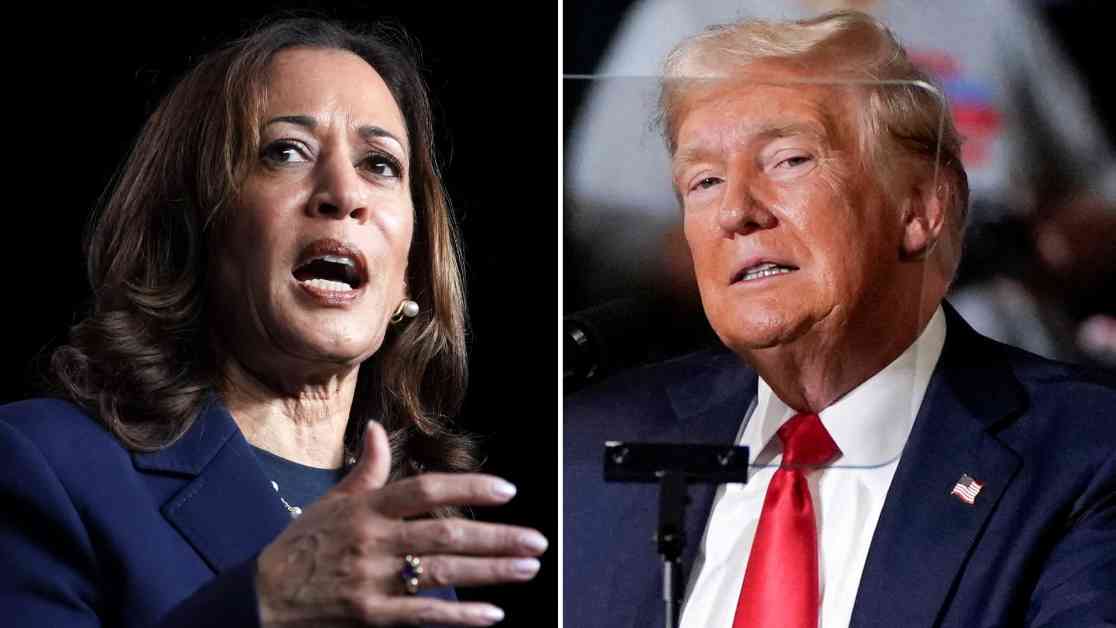Vice President Kamala Harris recently made a promise to eliminate taxes on tips in the service and hospitality sectors if she becomes president, mirroring a similar proposal made by former President Donald Trump. Both candidates made this pledge at separate rallies in Las Vegas, specifically targeting voters in Nevada, a crucial battleground state where a significant portion of the workforce is employed in the hospitality industry.
During her rally in Las Vegas, Harris addressed a crowd of over 12,000 people and emphasized her commitment to supporting working families by raising the minimum wage and getting rid of taxes on tips for service and hospitality workers. This announcement came shortly after the Culinary Workers Union, a prominent labor group in Nevada, endorsed Harris, highlighting her growing support among key demographics in the state.
In response to Harris’s proposal, Trump took to social media to claim credit for the idea, which he had originally presented at his own Las Vegas rally months earlier. He criticized Harris for lacking originality and accused her of copying his policy on eliminating taxes on tips.
However, implementing a tax-free tip policy would require the approval of new legislation by Congress, as acknowledged by a Harris campaign official. The official mentioned that Harris would collaborate with lawmakers to develop a policy that includes income limits and safeguards to prevent wealthy individuals, such as hedge fund managers and lawyers, from taking advantage of the system.
Despite the potential benefits of eliminating taxes on tips for service workers, some concerns have been raised by economists and experts. The Committee for a Responsible Federal Budget estimates that such a policy could lead to a significant loss in federal revenue over the next decade, ranging from $150 billion to $250 billion. Additionally, there are doubts about whether this approach would effectively reduce the tax burden on low-income Americans.
Ernie Tedeschi, the economics director at Yale University’s Budget Lab, has argued that targeting tax relief specifically at low-income workers through a tax-free tip policy may not be the most efficient method. He pointed out that only a small percentage of low-income workers are employed in tipped positions, and many of them are either young individuals or already exempt from paying income tax due to their low earnings.
Tedeschi also raised concerns about the potential consequences of incentivizing tips over regular wages, creating a disparity among low-income workers and encouraging employers to manipulate the system to their advantage. He emphasized the importance of carefully designing and implementing any policy related to tax-free income to avoid unintended consequences and ensure fair treatment for all workers.
As the debate continues over the feasibility and impact of eliminating taxes on tips, it remains to be seen how this proposal will evolve and whether it will gain widespread support among policymakers and the public. In the meantime, both Harris and Trump’s promises on this issue have sparked discussions about the future of taxation in the service industry and its implications for working individuals across the country.




















